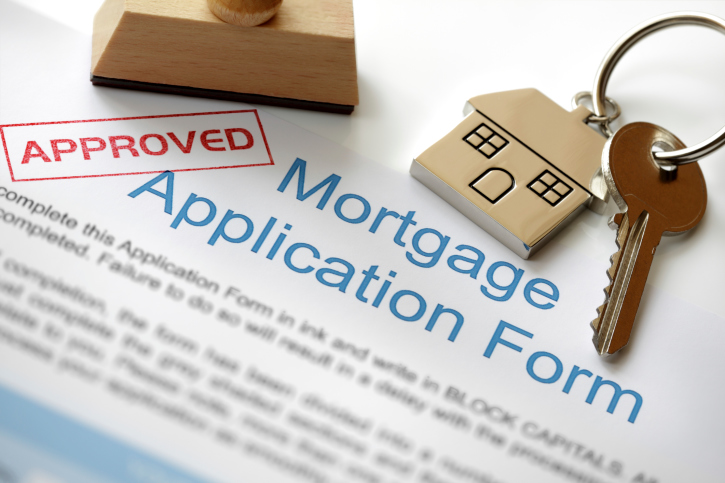Buying a Home with a Mortgage? A Quick Guide to Closing Costs and What to Expect
 Whether you’re just starting to shop for a new home or you’ve already found the perfect new house and you’re ready to submit an offer, if you’re taking out a mortgage loan to cover some of the home’s purchase price you should be aware of the various closing costs you may encounter.
Whether you’re just starting to shop for a new home or you’ve already found the perfect new house and you’re ready to submit an offer, if you’re taking out a mortgage loan to cover some of the home’s purchase price you should be aware of the various closing costs you may encounter.
In today’s blog post we’ll share a quick guide to closing costs and what you can expect to pay when you buy a new home.
What Closing Costs Do Buyers Typically Pay?
As you move forward in the home purchase process you’ll incur a variety of fees that cover document preparation, inspections and other services that are required to fully process your mortgage. Your application and processing fees cover the cost of preparing your loan application and submitting it to your lender. Your credit report fee covers the cost of pulling a credit report which is used to assess your suitability for a mortgage and whether your loan is worth the risk.
You’ll likely pay an appraisal fee as you’ll need a proper appraisal of the home’s value, and you may need to pay a flood certification or survey fee depending on where the home is physically located. Additional fees that you may incur include wire transfer fees, commitment fees, courier fees and private mortgage insurance application fees.
Finally you’ll also encounter a number of closing costs that aren’t directly related to your mortgage, including insurance costs, attorney fees, property taxes, government filing or recording fees and more.
Consider Negotiating with the Seller
It may be worth asking the seller to pay some – or all – of your closing costs, depending on the offer that you’ve submitted and how strong of a negotiating position you’re working from. Trust in your real estate agent’s advice in this regard as you’ll want to avoid spooking the seller by asking them to cover costs that they didn’t anticipate.
As you can see, there are a number of different closing costs that you may encounter when you purchase a new home. An experienced mortgage professional will help you to better understand these costs and can show you areas where you may be able to find some additional savings. When you’re ready to buy your next home, contact your local mortgage professional and they’ll be happy to share some advice.

 Are you thinking about buying a home in a rural or suburban area? If so, you’ll want to take a look at the United States Department of Agriculture’s mortgage programs as you may qualify for them.
Are you thinking about buying a home in a rural or suburban area? If so, you’ll want to take a look at the United States Department of Agriculture’s mortgage programs as you may qualify for them. If you’re thinking about buying a new home and using a mortgage to help cover some of the purchase costs, it’s a good idea to get an initial pre-approval from your lender before putting in an offer.
If you’re thinking about buying a new home and using a mortgage to help cover some of the purchase costs, it’s a good idea to get an initial pre-approval from your lender before putting in an offer.